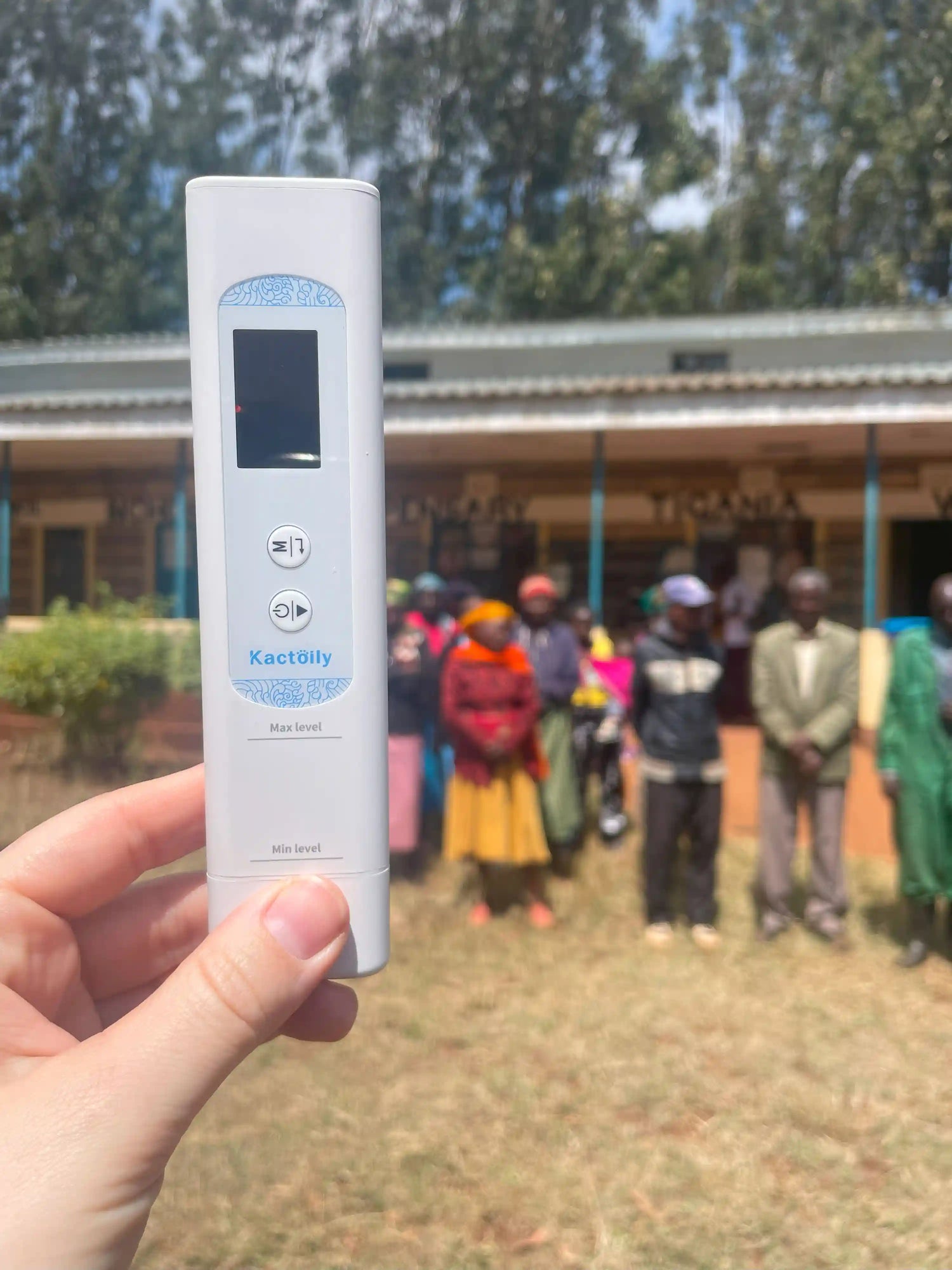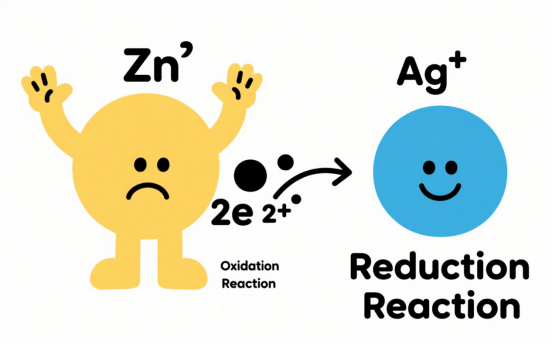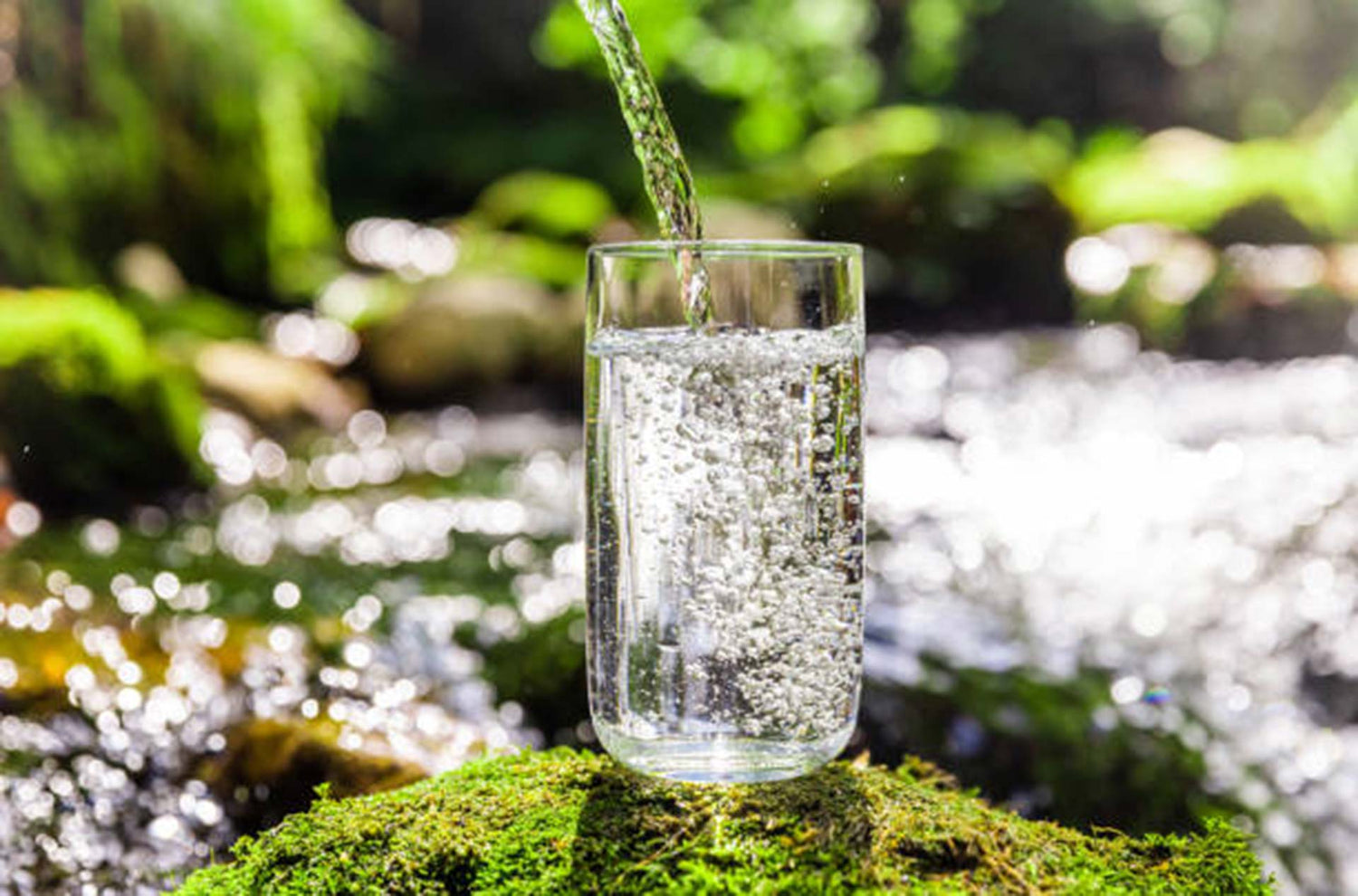

Tap Water Fish-Keeping Precautions
- Water quality testing.In fishkeeping, tap water may not be suitable for direct use, so a water quality tester may be necessary to determine parameters such as pH, chlorine, and hardness. Testing results will determine whether or not tap water needs treatment before use.
- Water quality adjustment.Tap water can be made suitable for fish with water quality regulators based on water quality testing results. For example, use pH adjusters to regulate pH, and use nitrifying bacteria to help degrade ammonia and nitrogen, etc.
- Dechlorination. Tap water usually contains chlorine, which is harmful to fish and needs to be dechlorinated. This can be done by using a de-chlorinator or by leaving the tap water for a period of time to allow chlorine to evaporate naturally.
- Fish selection.You can choose fish that can be kept in tap water since different fish require different types of water.
Note: Tap water usually cannot be used directly, and it is recommended to leave it for a few days before using it for fishkeeping.

Filtered Water Fish-Keeping Precautions
It is common to use filtered water for fishkeeping to provide a clean and safe environment for them to live in. This is done by removing waste, harmful substances, and impurities through a filtration system. The following are some of the more important aspects of using filtered water for fish:
- Choosing the right filtration system.Different fish species and tank types require different types of filtration systems, such as mechanical filtration, biochemical filtration, and physical/chemical filtration.
- Filtration media selection.Select filtration media suitable for your filtration system, such as filter sponges, bioballs, activated carbon, and filter stones. The choice of filtration media depends on your water quality and your need for waste treatment.
- Regular maintenance.Regular maintenance of the filtration system includes cleaning the mechanical filtration, replacing the biochemical filtration media, and replacing the physical or chemical filtration media. A lack of scheduled maintenance can reduce the efficiency of filtration systems and affect the quality of water.
- Monitoring water quality.Regularly monitor your water quality parameters, such as ammonia, nitrate, nitrite, pH, temperature, etc., to ensure healthy and stable water quality.
- Avoid overfeeding.This is because excreta and food residues increase waste and ammonia nitrogen production. Feeding should be tailored to the needs of the fish, in small quantities and multiple times. The purpose of this is to ensure that the fish consume the food completely.
- Avoid overbreeding.Make sure the number and type of fish are appropriate for the size of the tank and the capacity of the filtration system.
- Provide hiding places.Set up some decorations, plants, and rocks in the tank for the fish to hide behind. By doing so, the fish will feel more secure and will be less stressed.
- Regular water changes.Maintain your water quality by periodically replacing a portion of the water with new water.
- Reduce drug use frequency.Try to avoid the use of drugs and chemicals, which may adversely affect aquatic beings, unless it is really necessary to do so.
Monitoring the water quality of your fish tank and maintaining its filtration system are critical to keeping your fish healthy. Proper management of your filtration system will ensure clear water for your aquatic friends and reduce the risk of disease.


